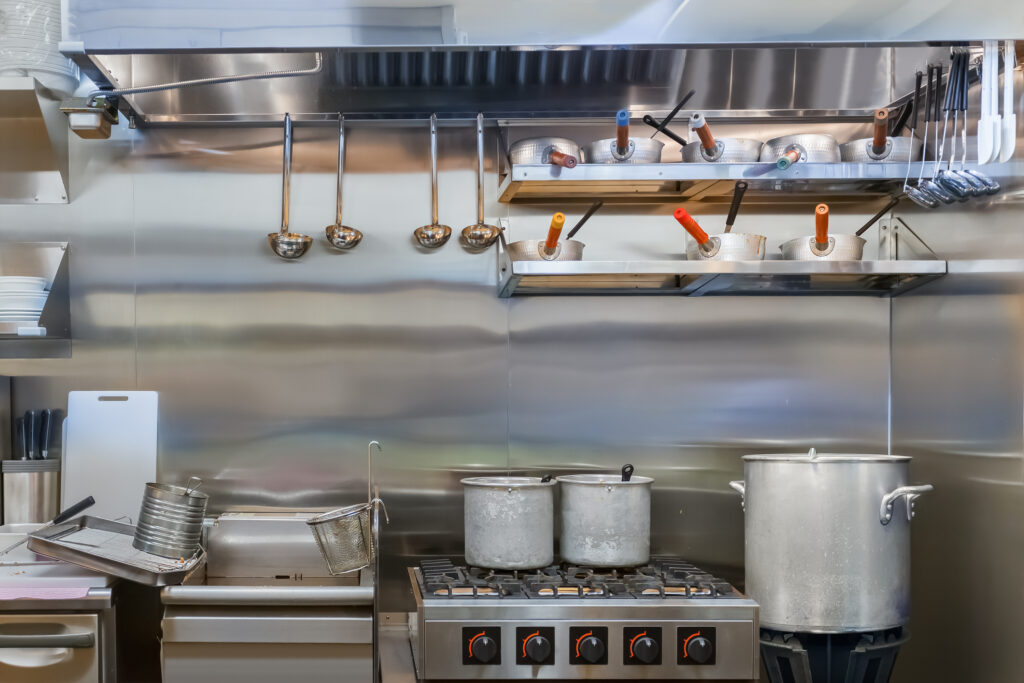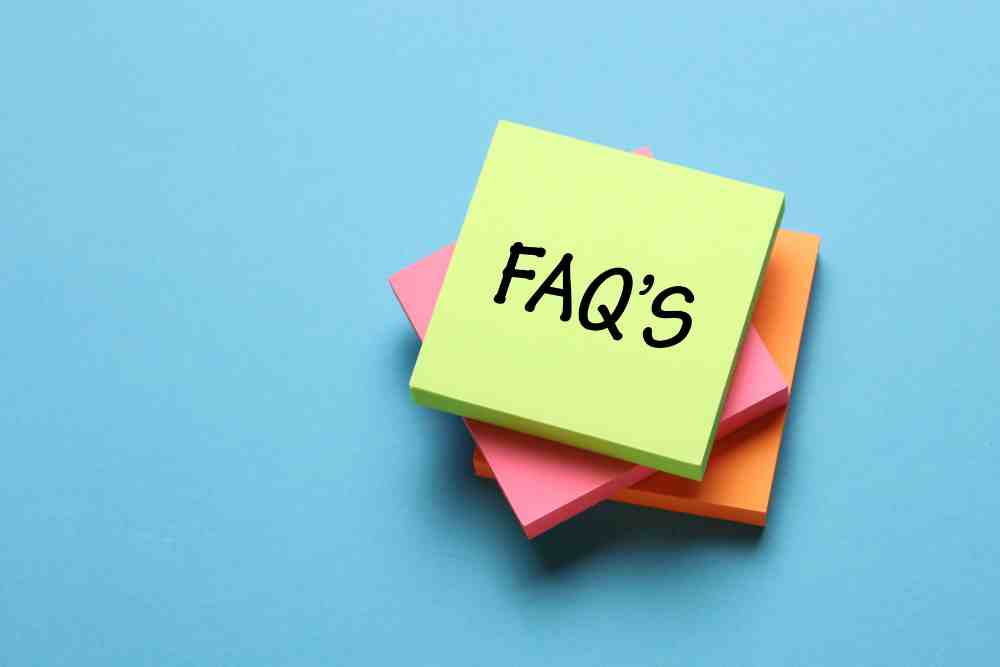Table of Contents
- The Cost Savings of Cleaning Grease Hoods Regularly
- The Importance of Regular Grease Hood Cleaning
- Case Studies and Statistics
- Case Study 1: Restaurant A
- Case Study 2: Restaurant B
- Statistics:
- Frequently Asked Questions
- 1. How often should grease hoods be cleaned?
- 2. Can I clean the grease hoods myself?
- 3. What are the consequences of not cleaning grease hoods regularly?
- 4. How much does professional grease hood cleaning cost?
- 5. Are there any regulations or standards for grease hood cleaning?
- Summary
The Cost Savings of Cleaning Grease Hoods Regularly

Grease hoods are an essential component of any commercial kitchen, as they help to remove smoke, grease, and odors from the air. However, these hoods can quickly become clogged with grease and other debris, leading to a range of issues such as reduced efficiency, increased fire risk, and higher energy costs. Regular cleaning and maintenance of grease hoods are crucial not only for the safety and hygiene of the kitchen but also for significant cost savings in the long run.
The Importance of Regular Grease Hood Cleaning
1. Enhanced Fire Safety:
- Grease buildup in hoods and exhaust systems is a leading cause of kitchen fires.
- Regular cleaning removes flammable grease deposits, reducing the risk of fire.
- Properly cleaned hoods also ensure that fire suppression systems can function effectively.
2. Improved Air Quality:
- Grease hoods capture smoke, grease particles, and odors, preventing them from spreading throughout the kitchen and dining area.
- Regular cleaning ensures that the hoods can effectively filter and remove these contaminants, improving the overall air quality in the kitchen.
3. Increased Energy Efficiency:
- Grease buildup in hoods and exhaust systems restricts airflow, reducing the efficiency of ventilation systems.
- When hoods are clean, ventilation systems can operate at their optimal capacity, reducing energy consumption and costs.
4. Extended Lifespan of Equipment:
- Grease buildup can damage the internal components of hoods and exhaust systems, leading to costly repairs or replacements.
- Regular cleaning helps to prevent corrosion and prolong the lifespan of the equipment, saving money in the long term.
Case Studies and Statistics
Several case studies and statistics highlight the significant cost savings associated with regular grease hood cleaning:
Case Study 1: Restaurant A
Restaurant A neglected regular grease hood cleaning for several years, resulting in a severe fire incident. The fire caused extensive damage to the kitchen, including the hood system, ductwork, and appliances. The total cost of repairs and replacements amounted to $50,000. Following the incident, Restaurant A implemented a regular cleaning schedule, reducing the risk of future fires and associated costs.
Case Study 2: Restaurant B
Restaurant B experienced a significant increase in energy costs due to a clogged grease hood and exhaust system. After implementing a regular cleaning schedule, the restaurant saw a 20% reduction in energy consumption, resulting in an annual cost savings of $3,000.
Statistics:
- According to the National Fire Protection Association (NFPA), cooking equipment was involved in 61% of all reported non-residential building fires between 2014 and 2018.
- The NFPA also reports that failure to clean was a factor in 22% of the fires involving cooking equipment.
- A study conducted by the American Society of Heating, Refrigerating, and Air-Conditioning Engineers (ASHRAE) found that a 0.042-inch layer of grease on the hood and duct surfaces can reduce exhaust airflow by up to 40%.
For professional hood cleaning services in Ontario, visit Ontario Hood Cleaning.
Frequently Asked Questions

1. How often should grease hoods be cleaned?
Grease hoods should be cleaned at least every three months, or more frequently if the kitchen has high grease production or heavy cooking operations.
2. Can I clean the grease hoods myself?
While it is possible to clean grease hoods yourself, it is recommended to hire professional hood cleaning services. Professionals have the expertise, equipment, and knowledge to thoroughly clean and maintain the hoods, ensuring compliance with safety regulations.
3. What are the consequences of not cleaning grease hoods regularly?
Failure to clean grease hoods regularly can lead to increased fire risk, reduced ventilation efficiency, poor air quality, higher energy costs, and potential damage to equipment.
4. How much does professional grease hood cleaning cost?
The cost of professional grease hood cleaning varies depending on factors such as the size of the kitchen, the complexity of the hood system, and the frequency of cleaning. On average, the cost ranges from $200 to $500 per cleaning.
5. Are there any regulations or standards for grease hood cleaning?
Yes, there are regulations and standards in place for grease hood cleaning. The National Fire Protection Association (NFPA) provides guidelines for the cleaning and maintenance of commercial kitchen hoods and exhaust systems. Local health departments and fire departments may also have specific requirements.
Summary
Regular cleaning of grease hoods is essential for cost savings in commercial kitchens. By investing in regular cleaning and maintenance, businesses can enhance fire safety, improve air quality, increase energy efficiency, and extend the lifespan of equipment. Case studies and statistics demonstrate the significant financial benefits of regular grease hood cleaning. Additionally, addressing frequently asked questions provides valuable insights for readers. To ensure compliance with safety regulations and achieve optimal cost savings, it is recommended to hire professional hood cleaning services.
For professional hood cleaning services in Ontario, visit Ontario Hood Cleaning.
- hood cleaning
- kitchen exhaust cleaning
- restaurant hood cleaning
- The Cost Savings of Cleaning Grease Hoods Regularly






